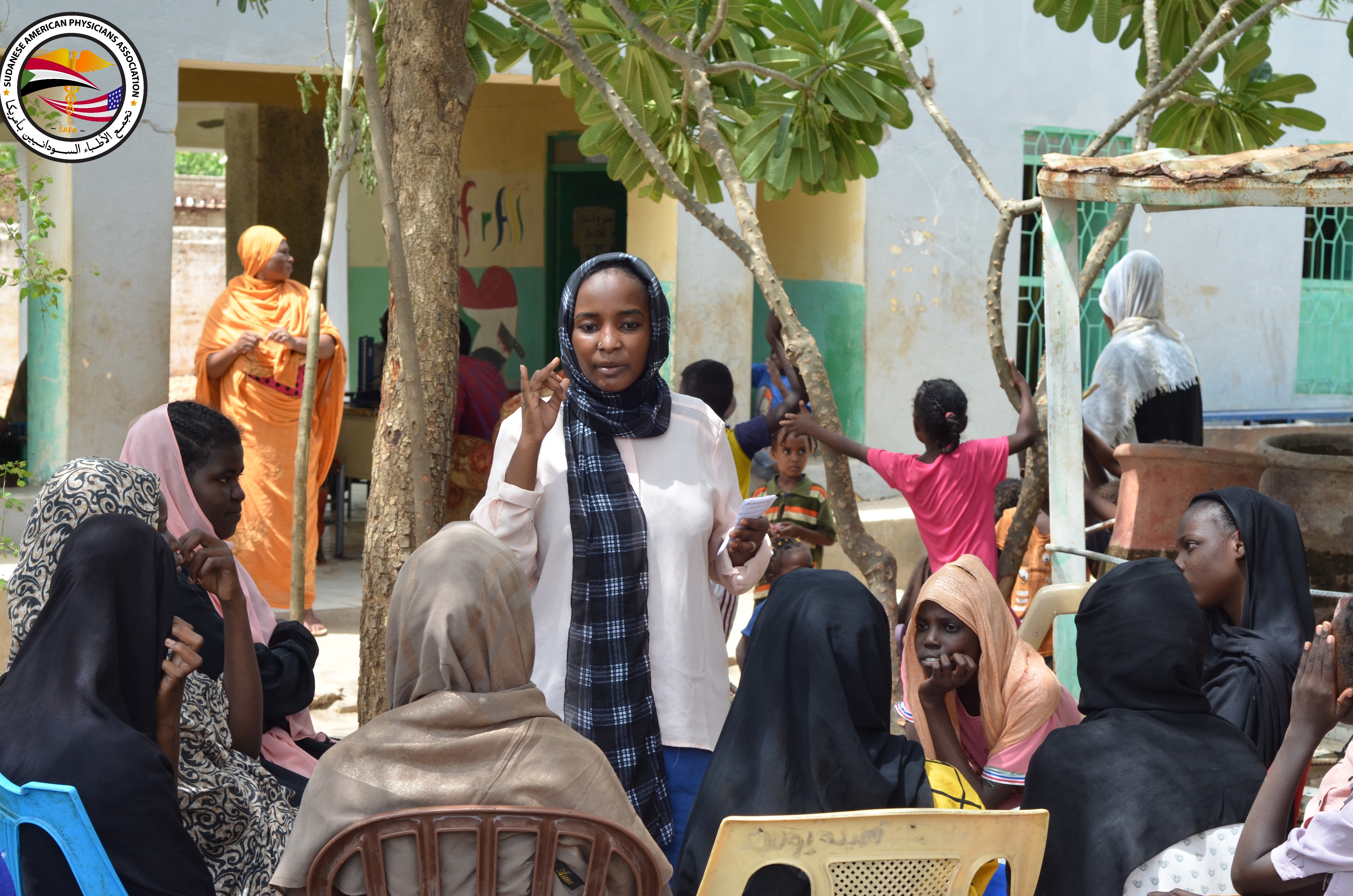5 Interesting Facts About Sudan [Fun Facts Included]
Sudan, a nation with a diverse tapestry of cultures and landscapes, invites exploration into its rich history and multifaceted identity. Nestled in northeastern Africa, Sudan encompasses a blend of ethnicities, languages, and traditions that contribute to its unique character. The capital, Khartoum, stands as a meeting point at the confluence of the Blue Nile and White Nile, symbolizing the nation’s geographical significance. Beyond its urban centers, Sudan boasts natural wonders, including the expansive Nile River, one of the longest in the world, and varied landscapes ranging from arid deserts to lush savannahs. While the country has faced challenges, its people demonstrate resilience and a determination to forge stability and progress. Discovering Sudan goes beyond mere facts, offering a journey into the heart of a nation defined by its cultural vibrancy, historical depth, and captivating natural beauty.
Some don’t know enough about it to consider it a safe destination for traveling. In this exploration, we delve into five interesting facts about Sudan, shedding light on its diverse landscapes, cultural heritage, and unique characteristics.
Facts about Sudan:
The Confluence of the Blue and White Niles
Sudan is home to one of the most iconic natural phenomena – the meeting point of the Blue Nile and the White Nile in the capital city, Khartoum. The Blue Nile, originating from Lake Tana in Ethiopia, and the White Nile, flowing from Lake Victoria, converge to form the Nile River, the longest river in the world. This unique confluence is not only a geographical wonder but also a symbolic union that shapes Sudan’s landscape.
A Treasure Trove of Pyramids
While Egypt is renowned for its pyramids, Sudan also harbors a remarkable collection of ancient pyramids that often go unnoticed. The ancient Kingdom of Kush, situated in present-day Sudan, was home to a civilization that constructed numerous pyramids, particularly in the city of Meroe. These pyramids, dating back over 2,000 years, stand as a testament to Sudan’s rich historical legacy and its significant role in the development of African civilizations.
Diverse Cultural and Linguistic Landscape
Sudan is a melting pot of diverse cultures and languages. With over 200 distinct ethnic groups, the country boasts a mosaic of traditions, customs, and languages. Arabic is the official language, reflecting Sudan’s historical ties to the Arab world. Additionally, various indigenous languages, such as Nubian, Beja, and Fur, contribute to the nation’s linguistic diversity, making Sudan a vibrant tapestry of cultural expression.
The Kingdom of Meroe and Its Iron Industry
The Kingdom of Meroe, flourishing between 800 BCE and 350 CE, was a major center of trade and culture in the ancient world. Situated along the Nile, Meroe thrived due to its strategic location for trade between Africa, the Middle East, and the Mediterranean. Notably, Meroitic rulers developed advanced ironworking techniques, contributing to the kingdom’s prosperity. The remnants of Meroitic civilization, including its pyramids and iron furnaces, offer a fascinating glimpse into Sudan’s historical significance.
Sudan’s Diverse Geography – From Deserts to Mountains
Sudan’s geography is a study in contrast, encompassing vast deserts, fertile plains, and rugged mountain ranges. The Sahara Desert extends into the northern part of the country, showcasing mesmerizing landscapes of dunes and arid expanses. In contrast, the Nuba Mountains in central Sudan provide a lush and green terrain, offering a haven for diverse flora and fauna. This geographical diversity contributes to Sudan’s unique ecosystems and provides a home for a variety of plant and animal species.
Related Post: Is Sudan Safe?
Fun facts about Sudan:
1. Largest Country in Africa:
Sudan holds the distinction of being the third-largest country in Africa, covering a vast expanse with diverse landscapes, from deserts to tropical areas.
2. Nomadic Tribes:
Nomadic tribes, such as the Beja and Nubians, have been an integral part of Sudanese culture for centuries, showcasing a lifestyle deeply connected to the land.
3. Sudanese Cuisine:
Sudanese cuisine is a delightful blend of flavors, with staples like ful medames (stewed fava beans) and kisra (a type of flatbread) being popular among locals and visitors alike.
4. Diverse Wildlife:
Sudan is home to a variety of wildlife, including elephants, giraffes, and various species of antelope, making it an appealing destination for nature enthusiasts.
5. Cultural Festivals:
Sudan celebrates a range of cultural festivals, such as the colorful and vibrant Holi Festival, where communities come together to mark the arrival of spring.
These fun facts offer a glimpse into the diverse and fascinating aspects that contribute to Sudan’s unique identity and heritage.
Conclusion
Sudan, with its rich history, cultural diversity, and geographical contrasts, is a nation filled with captivating stories and hidden treasures. From the convergence of the Blue and White Niles to the ancient pyramids of Meroe, Sudan’s allure lies in its ability to surprise and fascinate. As we unravel these five interesting facts about Sudan, we gain a deeper appreciation for the nation’s unique identity and its role in shaping the narrative of Africa’s past and present.
If you wish to create a positive influence, take a moment to Contribute to Sudan by supporting initiatives that tackle vital concerns and enhance the welfare of communities in the region.






